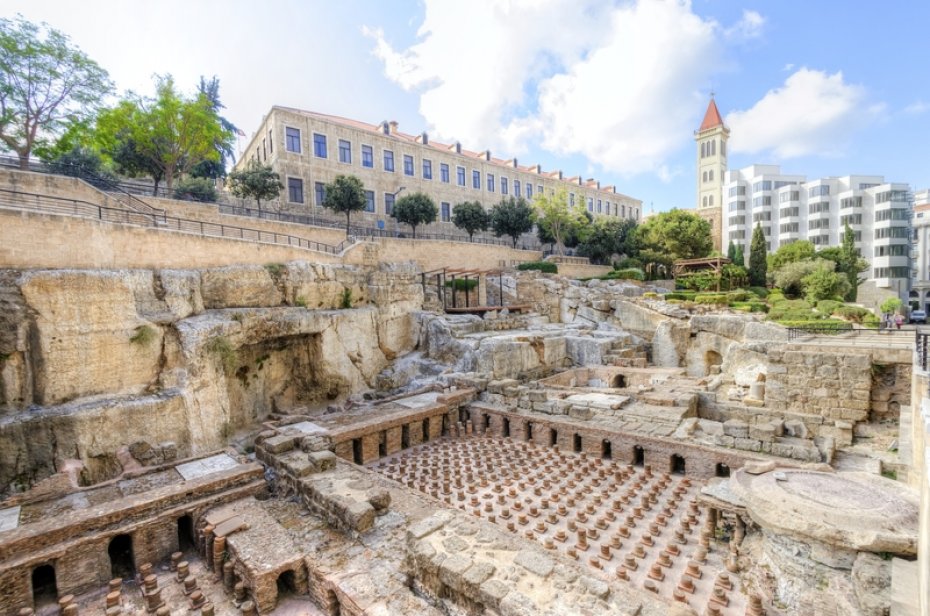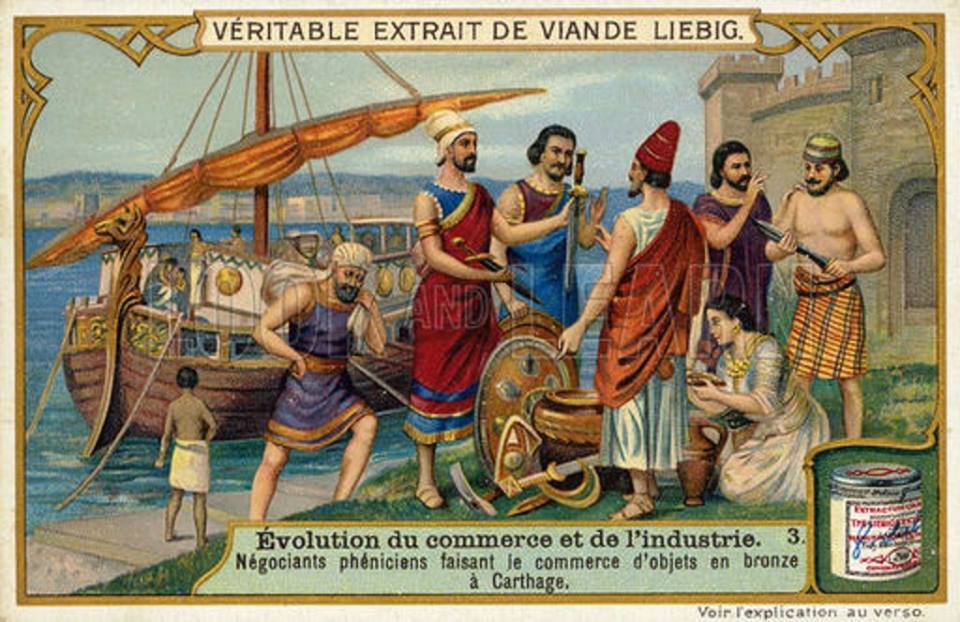What is the history of Beirut in classical and late antiquity? What impact did it have on Roman, Christendom and Islamic Law?
Check it out!
@Tweetistorian @IslamScienceNet @iqsaweb @ArabAmericanMus


futurebeyondcharity.org


Keep Current with Emran El-Badawi
This Thread may be Removed Anytime!
Twitter may remove this content at anytime, convert it as a PDF, save and print for later use!

1) Follow Thread Reader App on Twitter so you can easily mention us!
2) Go to a Twitter thread (series of Tweets by the same owner) and mention us with a keyword "unroll"
@threadreaderapp unroll
You can practice here first or read more on our help page!